Deerfield, IL — The 2019–2020 recipients of the Henry Resident Fellowship are Craig Bartholomew, Craig Keener, Brian Matz, Paul Gould, and Jordan Wessling. The Resident Fellowship program is the centerpiece of the Henry Center’s Creation Project, a multi-million dollar grant funded by the John Templeton Foundation. The Fellowship is a scholar-in-residence program designed to support and stimulate evangelical scholarship on the doctrine of creation, in dialogue with modern science, and for the welfare of the church.
These Fellows will leave their home communities and reside on Trinity’s Deerfield campus, creating a collaborative learning environment throughout the academic year while working on their own research projects. This year’s Fellows represent a wide range of disciplines, with experts from the various fields of Old Testament, New Testament, systematic theology, historical theology, and philosophy. They hope to continue the good work begun by the previous Fellows of the past three years as they continue to move the conversation about the doctrine of creation forward within the evangelical academy.
Divine Action, Contingency, and Modern Science
This year’s topic of inquiry specifically addresses questions related to divine action. The whole of the Christian tradition has affirmed that God freely acts in the world; that he created and continually sustains it, that it is subject to his providential care and miraculous intervention—and most importantly, that God acted decisively in the incarnation, death, and resurrection of Christ. Yet, in spite of this commonly held belief, there is no clear consensus among evangelicals—theologians and scientists alike—about what it means to affirm that God acts in the world. This simple affirmation is taken by some to either support or rule out various scientific proposals. More often, the affirmation is taken for granted, and the implications of affirming divine action for our theological and scientific beliefs goes unexplored.
This year of the Creation Project explores how these classical affirmations bear on issues and questions raised by modern science. These Fellows will turn their attention to divine action as they work on various projects related to God’s providence and intervention.
Stories which introduce each fellow and his project will run on Sapientia—the online periodical of the Henry Center—in the coming weeks.
2019-2020 Henry Resident Fellows
The Creation Project will span three years—each covering a distinct theme and set of issues—and five programs, directed toward academic and ecclesial engagement with the doctrine of creation in all of its historical, theological, and scientific complexity. The project’s academic engagement is committed to making progress in understanding about where the conflict between the current state of scientific inquiry and classic theological positions is real and where it is illusory. The ecclesially oriented programs aim to revive the importance and breadth of the doctrine of creation beyond the narrow set of questions to which it has too often been reduced, to promote biblical fidelity and thoughtful interpretation, and to demonstrate a form of Christian intellectual hospitality that approaches the difficult questions of our age with a posture of humility and in pursuit of greater understanding.
###
The Carl F. H. Henry Center for Theological Understanding is dedicated to the advancement of Christian wisdom in all areas of life and thought for the glory of God, the good of his church, and the welfare of the world. As an outreach ministry of Trinity Evangelical Divinity School in Deerfield, Illinois, the Center embodies the vision of Carl F. H. Henry (1913-2003), a long-time faculty member at Trinity, which promotes the need for evangelical collaboration and commitment to God’s Word, where scholars with expertise in the relevant areas can work together to engage the pressing challenges of the day.



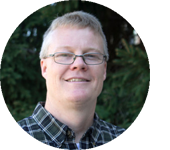
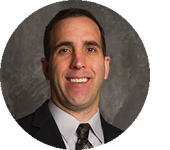
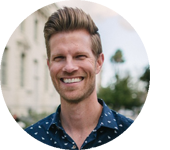
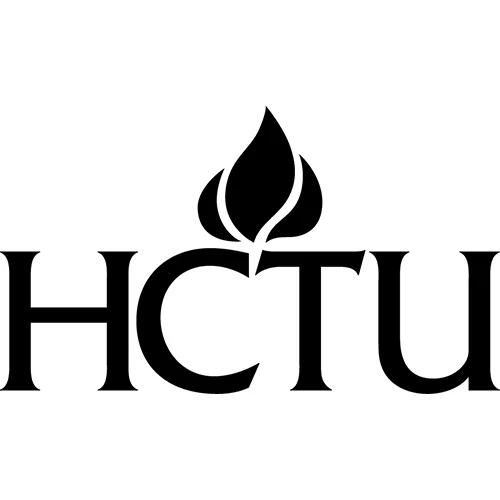

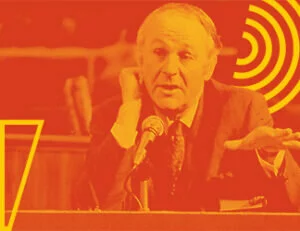
Comments
Be the first one to make a comment!